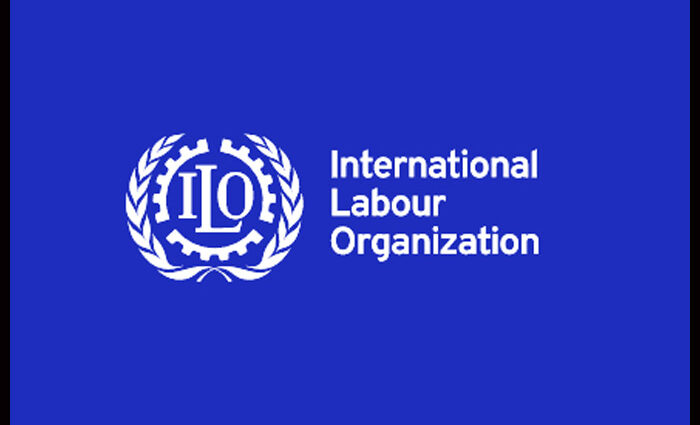Global employment growth is expected to ease to half of the current growth rate in 2022, as labor market recovery may be prevented by uncertain economic conditions amid persisting Covid pandemic conditions, the International Labour Organization, or ILO, said on Monday.
Growth in global jobs is forecast to drop to 1.0 percent in 2023 from 2.0 percent in 2022, the Geneva-based ILO said in its World Employment and Social Outlook: Trends 2023 report.
The global job growth forecast for 2023 is lower than the previous ILO estimate of 1.5 percent growth.
Global unemployment would rise slightly in 2023, by around 3 million, to 208 million, which corresponds to a global jobless rate of 5.8 percent, the ILO projected.
The moderate size of this projected increase is largely due to tight labor supply in high-income countries, the ILO said, adding that it would mark a reversal of the decline in global unemployment seen between 2020-2022.
Thus, the global unemployment will remain 16 million above the pre-crisis benchmark set in 2019.
The global labor market outlook has deteriorated since the ILO’s previous projections, and it is difficult to go back to pre-pandemic employment performance by much of the world over the coming years.
The ILO report attributed the labor market deterioration mainly to the emerging geopolitical tensions and the Ukraine conflict, uneven pandemic recovery, and continuing bottlenecks in global supply chains. Together, these have created the conditions for stagflation – simultaneously high inflation and low growth – for the first time since the 1970s, the report said.
The report revealed that labor market recovery is fastest in high income countries, whereas growth trends in low- and middle-income countries have remained significantly below average.
The current economic slowdown could force many workers to accept lower quality jobs, often at very low pay, sometimes with insufficient hours, ILO report said.
Furthermore, as prices rise faster than nominal labor incomes, the cost-of-living crisis risks pushing more people into poverty.
“The slowdown in global employment growth means that we don’t expect the losses incurred during the COVID-19 crisis to be recovered before 2025,” said Richard Samans, director of the ILO’s Research Department and report coordinator.
“The slowdown in productivity growth is also a significant concern, as productivity is essential for addressing the interlinked crises we face in purchasing power, ecological sustainability and human well-being.”
The global jobs gap, which the ILO described as a new, comprehensive measure of unmet need for employment, stood at 473 million in 2022, around 33 million above the level of 2019.
In addition to the unemployed, this metric includes people who want employment but are not actively searching for a job, either because they are discouraged or because they have other obligations such as care responsibilities.
Source: Read Full Article
-
New flights based on flyer-handling capacity at security checks: BCAS
-
Marshall B. Grossman Dies: L.A. Power Lawyer Who Repped Steven Spielberg, Clint Eastwood, Netflix & Many Others Was 84
-
States Where The Most People Live Below The Poverty Line
-
Kayla Tausche Says She’s Leaving CNBC
-
Anyone can be a victim of tax fraud and scams – The Denver Post

